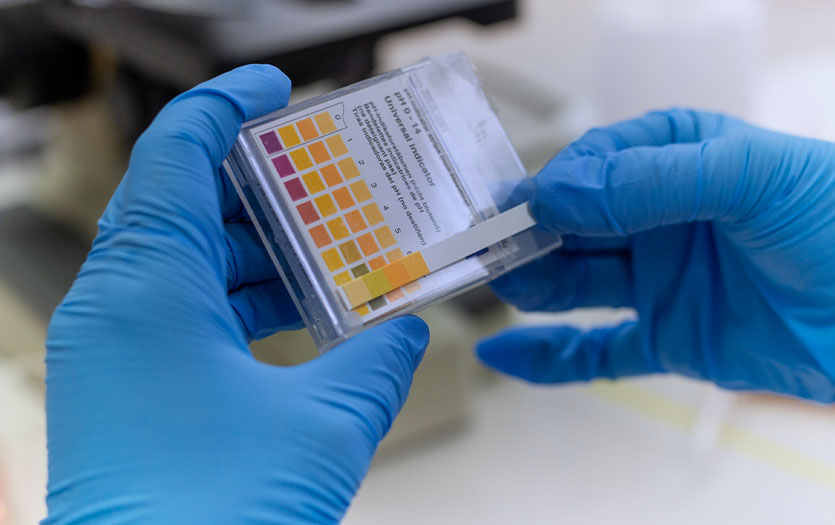
This post was written by Shauna Kelly, lab client services representative, PRMC.
Research conducted by the Centers for Disease Control and Prevention (CDC) suggests that patients who are more engaged in their well-being and healthcare decisions tend to experience improved outcomes. One option for doing so is direct access testing (DAT). This consumer-driven service allows patients to order select lab tests without the need for a physician's referral. In this post, we'll explore the top reasons patients choose direct access testing, along with a few considerations to help optimize treatment and care.
Convenience
One of the most significant benefits of DAT is its accessibility. Because it bypasses the need for a doctor's appointment and associated waiting times, patients can order lab tests on their schedule.
Self-management
Direct access testing makes it easier for patients to take charge of their health by allowing them to independently monitor key wellness metrics such as cholesterol or blood sugar. Patients who obtain accurate health information between or ahead of appointments can better navigate concerns and follow treatment plans more effectively.
Privacy and confidentiality
Some patients prefer to manage their health information privately, especially when dealing with conditions that may carry a social stigma. DAT provides a discreet solution for patients seeking a diagnosis and treatment without the fear of judgment.
Cost-effectiveness
Depending on the test and insurance coverage, direct access testing can be more affordable than physician-ordered labs in certain instances. DAT provides upfront pricing on tests and does not require co-pays associated with primary care visits, which can help reduce the overall cost of services.
Early detection and prevention
Access to immediate testing can be especially beneficial for individuals managing chronic health conditions or with a family history of certain diseases. Because DAT does not require appointments, referrals or insurance approvals, patients can take the initiative to address their health concerns without delay. Patients can find results in their MyChart® account, sometimes within hours of their screening. This prompt access can lead to early detection of health issues, enabling timely intervention.
Precautions
Despite the numerous advantages of direct access testing, it's important to be aware of its limitations. Here are a few to consider:
-
Interpretation of results: DAT simplifies the process of obtaining some lab tests. However, these facilities are not responsible for explaining the outcomes. Without the guidance of a provider or specialist, patients may struggle to understand test results, which may cause misinterpretation of the data or unwarranted anxiety.
-
Over-testing: The ease of ordering lab work through DAT can sometimes lead to over-testing, especially for those searching for answers to unexplained symptoms. Requests for unnecessary tests may result in added costs or stress for the patient and could further complicate their health journey with irrelevant or confusing findings.
-
Insurance coverage: Depending on the type of test or reasoning, insurance may not cover direct access testing, which may produce out-of-pocket expenses. If the DAT is an eligible expense, patients may need to file a claim with their insurance carrier directly.
Final thoughts
Given the clear benefits and potential pitfalls of direct access testing, some might wonder about the best course of action. While DAT is a valuable resource for patients to actively engage in decisions regarding their well-being, we recommend that patients approach testing thoughtfully. Working closely with an experienced healthcare provider can help ensure patients order the appropriate tests for their needs.
For those who may not have a primary care provider or insurance coverage, DAT services can still be advantageous for monitoring their health status. After testing, the results are uploaded to the patient's MyChart account, and they may use those findings to guide suitable lifestyle changes or seek additional care options.
Learn more about visiting a Parkview Direct Access Testing laboratory here.



